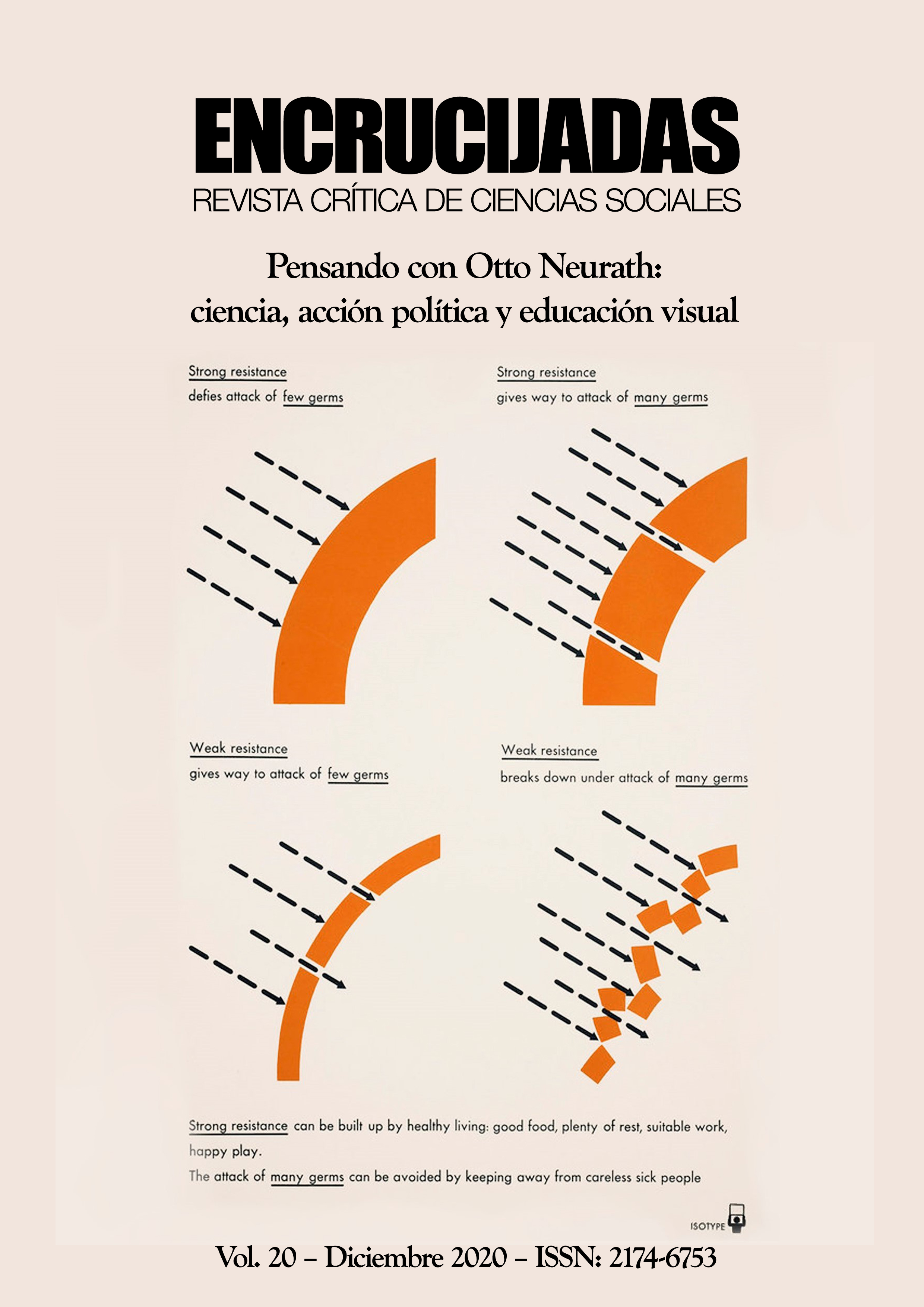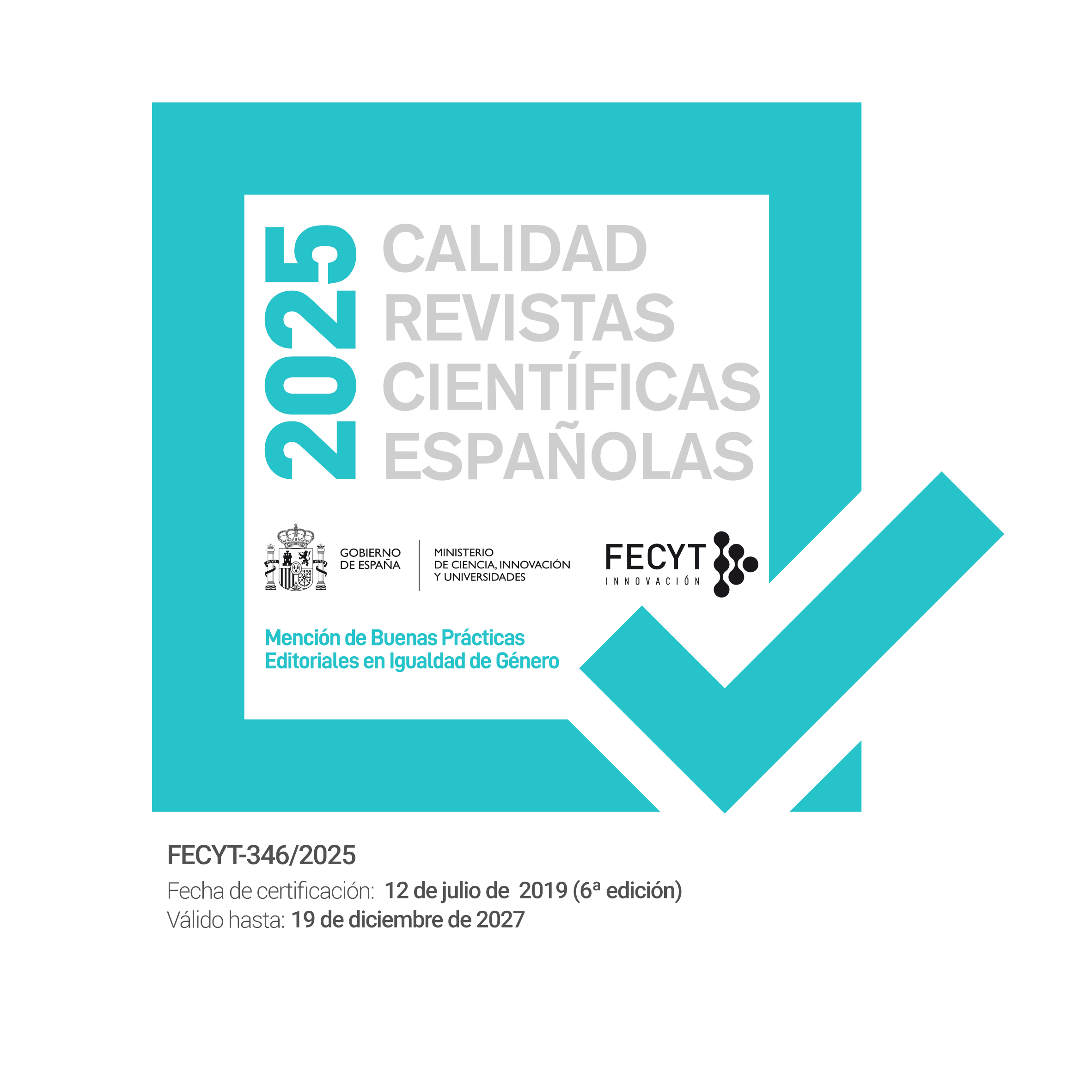Historia de los futuros posibles: marxismos y economía ecológica
Palabras clave:
Neurath, Marxismo, economía ecológica, Naturalrechnung, Orquestación de cienciasResumen
Esta reflexión reproduce el texto con Klaus Schlüpmann «El marxismo y la economía ecológica: ciencia unificada e historia universal» (La economía y la Ecología; Fondo de Cultura Económica, 1991) junto a una introducción por parte de su autor. En el texto se reivindica la figura de Otto Neurath como economista que, defendiendo la inconmensurabilidad de valores en el debate sobre el cálculo económico en una economía socialista de los años 1920-30 del pasado siglo XX, frente a Hayek o von Mises, estaba ya muy cerca de una perspectiva económico-ecológica (concretamente de una contabilidad energética y de materiales) con su concepto de Naturalrechnung.
Descargas
Descargas
Publicado
Cómo citar
Número
Sección
Licencia
Derechos de autor 2020 Encrucijadas. Revista Crítica de Ciencias Sociales

Esta obra está bajo una licencia internacional Creative Commons Atribución-NoComercial-SinDerivadas 4.0.
Los autores/as conservan los derechos de autor y ceden a la revista el derecho de la primera publicación, con el trabajo registrado con la licencia de atribución de Creative Commons Reconocimiento-NoComercial (CC-BY 4.0), que permite a terceros utilizar lo publicado siempre que mencionen la autoría del trabajo y a la primera publicación en esta revista. Encrucijadas permite y se anima a todas las personas autoras a depositar la versión final publicada en repositorios institucionales o temáticos de acceso abierto, cumpliendo en caso necesario los términos establecidos por la entidad financiadora de la investigación.





